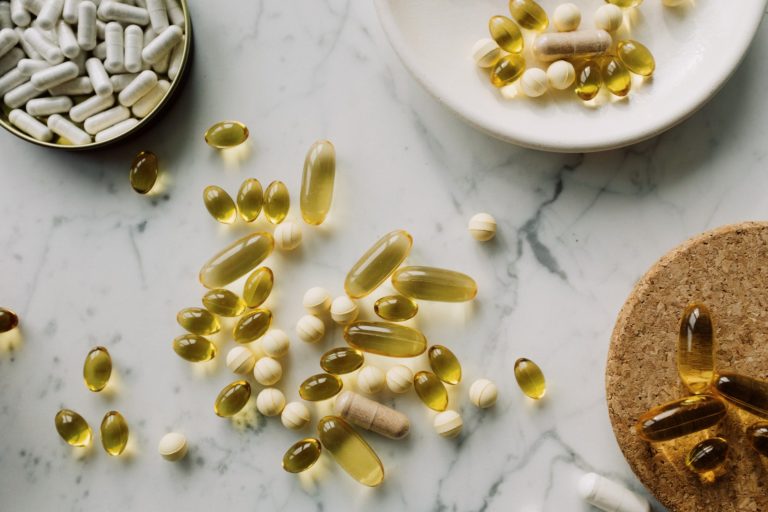Fertility is often referred to as the ability to reproduce without medical help. A marker of infertility is when a man is unable to impregnate his female partner. Male infertility is due to low sperm count, low testosterone levels, poor sperm motility (a characteristic of good quality sperm is their ability to swim and this is usually measured by the percentage of mobile sperm in a semen sample), low semen volume, semen quality, premature ejaculation, or sexual dysfunction. Some common markers of sexual dysfunction in men include low libido and erectile dysfunction. Although not always treatable, here are some natural remedies that can help boost fertility.
1. Increase your zinc and folic acid intake
Lower levels of folic acid result in chromosomal abnormalities in sperm. Most neural tube birth defects (e.g. spina bifida) are linked to a folic acid deficiency. When sperm with anomalous (abnormal) chromosomes fertilizes an egg, this often results in a defective embryo leading to a first-trimester miscarriage or defective birth. Common foods that contain folic acid include leafy greens such as spinach and romaine lettuce, black-eyed peas, asparagus, avocado, broccoli, and beef liver.
2. Exercise
Besides boosting general health, regular exercise is a good way to boost male fertility as it produces testosterone- the hormone linked to fertility in men. To find out the validity of exercise in boosting male fertility, have your doctor test your sperm quality before selecting an exercise regimen, and then a month after starting the exercise program, to track the progress. Consider an exercise regimen that allows you to break a sweat such as yoga, regular running or treadmill running, and resistance strength training e.g. weight lifting, for about 45 minutes each day.

3. Increase your Vitamin C intake
Apart from providing a much-needed immunity boost to health, vitamin c improves sperm health in men. Studies have shown that men who suffer from vitamin C deficiency have a higher number of deformed and immobile sperm. Defects in sperm chromosome are the major causes of miscarriages and birth-related defects. A good source of vitamin C is fresh fruits and vegetables. How you cook or cut these vegetables and fruits affects their nutritional content. Consult a nutritionist on how to best prepare vitamin c rich vegetables, so as to reap their greatest benefit.

4. Adapt to healthy lifestyle changes
Your health will determine the quality of your sexual and reproductive health. Some steps you can take towards improving your health include:
- Limiting your alcohol intake to no more than two alcoholic drinks in a day
- Avoid smoking
- Monitoring your daily caffeine and nicotine intake
- Maintaining a balanced diet
- Maintaining good sleep hygiene eg. going to bed at the same time each night and rising at the same time each morning
- Research widely on how to ejaculate more
- Incorporating vitamin supplements into your diet. A simple blood test can determine vitamin levels (vitamin D, and E)
- Increasing your daily water intake
- Avoiding hot baths, showers or saunas
- Avoiding unhealthy fats
- Wearing loose-fitting briefs or cotton boxer to allow airflow into the scrotum and allow sperm cultivation within the right temperature

5. Incorporate D-aspartic acid (amino acids) supplements
D-aspartic acid (D-AA) is an amino acid dietary supplement. D-AA in the male body is located in the testicles, sperm cells, and semen, with infertile men having lower levels. D-AA supplements or amino acids raise testosterone levels, a hormone that is a key determinant of male fertility. Besides playing a key role in hormone secretion, amino acid supplements increase sperm motility and sperm count.
For the best possible outcome, combine these tips with added advice from a fertility expert to improve your fertility.





